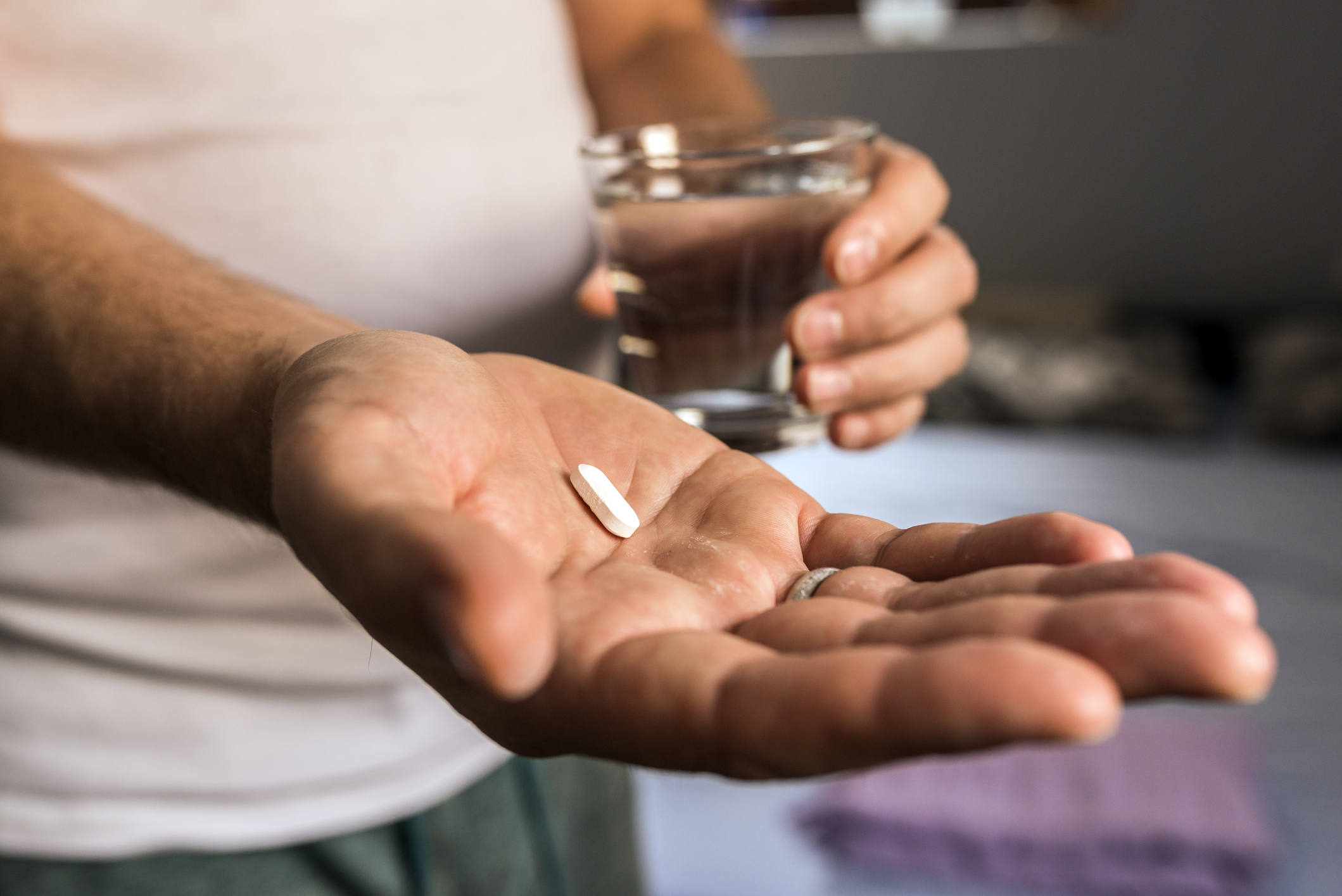Get Easy Health Digest™ in your inbox and don’t miss a thing when you subscribe today. Plus, get the free bonus report, Mother Nature’s Tips, Tricks and Remedies for Cholesterol, Blood Pressure & Blood Sugar as my way of saying welcome to the community!
The drink that makes antibiotics useless (and it’s not alcohol)

Antibiotic resistance has continued to rise thanks to factors ranging from over-the-counter drugs that fuel the epidemic to a hidden nanoplastics threat many have never even heard of.
But there’s more…
Research is revealing that one of our favorite types of drinks can counteract the effects of certain antibiotics, particularly against a specific bacterium responsible for some common and already difficult-to-treat infections.
And you know what happens when you take an antibiotic and it doesn’t fully kill the germ; it can supercharge the germ’s resistance even more.
Here’s what you need to know about which drink you should avoid when taking antibiotics. (Hint: it’s not alcohol).
Re-think what you drink on antibiotics
After the examination of 94 different substances, researchers at the Universities of Tübingen and Würzburg were able to prove that everyday substances can influence how bacteria, such as E. coli, respond to antibiotics.
One of the worst offenders the researchers discovered when it comes to compromising the work of antibiotics is caffeine.
E. coli infections most often occur in your GI system or urinary tract, but can also migrate to cause infections in the bloodstream, prostate and gallbladder.
That means caffeinated drinks, like the coffee, tea and sodas (if you’re still drinking those) we rely on for a little extra energy, could decrease the power of antibiotics to help fight infections.
According to the scientists, that’s because caffeine triggers genetic regulators that control bacterial transport proteins. These transport proteins act as pores for the bacteria, determining what can and can’t get inside the cell.
Basically, caffeine closes down these pores to antibiotics like ciproflaxin, weakening their effectiveness.
“Caffeine triggers a cascade of events starting with the gene regulator Rob and culminating in the change of several transport proteins in E. coli, which in turn leads to a reduced uptake of antibiotics such as ciprofloxacin,” explains researcher Ana Rita Brochado.
The scientists say that this contributes to what’s called ‘low-level’ antibiotic resistance, which is not due to classic resistance genes, but to regulation and environmental factors.
How not to make antibiotics useless
Clearly, if you’re taking antibiotics, avoiding caffeine is a must to help ensure they’re as effective as you need them to be. So, at least until you’re done with the medication, lay off the caffeinated drinks.
Additionally, there are a few ways to help antibiotics work as they should when you do have to take them:
- Taking omega-3s – Researchers at Flinders University discovered that omega-3 fatty acids, like those found in fish oil, can make germs’ membranes more permeable to antibiotics. This makes the bacteria less resistant to the medicine.
- Adding in cranberry – A Canadian study found that cranberry extract made it easier for antibiotics to enter the bacteria that cause UTIs, pneumonia, and gastroenteritis. It also disrupted the mechanism that bacteria use to eliminate the antibiotic.
- Drinking green tea – Research has shown that a compound in green tea — epigallocatechin (EGCG) – is capable of making an antibiotic called aztreonam work against a dangerous, resistant bacterium again. In fact, the two compounds together were far more effective at killing the bacteria than either was alone.
- Eating more fiber – Research has shown that dietary fiber plays a crucial role in preventing the overgrowth of harmful gut bacteria, including E. coli and Klebsiella pneumoniae.
Also, remember to support your gut microbiome when taking antibiotics. Probiotics help repopulate the gut microbiome after a round of antibiotics, but taking them regularly yields even better benefits…
Previous research shows that probiotics reduce the likelihood of getting common infections like respiratory infections and stomach bugs. They also reduce the duration and severity of these infections.
Editor’s note: Regain your health and enjoy a full, vibrant life by defeating the real culprits of premature aging and sickness — excessive, damaging acid in your body! The truth is when you’re alkaline, wellness thrives and sickness takes a dive. Click here to discover The Alkaline Secret to Ultimate Vitality!
Sources:
E. coli infection – Cleveland Clinic
Your morning coffee could secretly be weakening antibiotics – ScienceDaily














